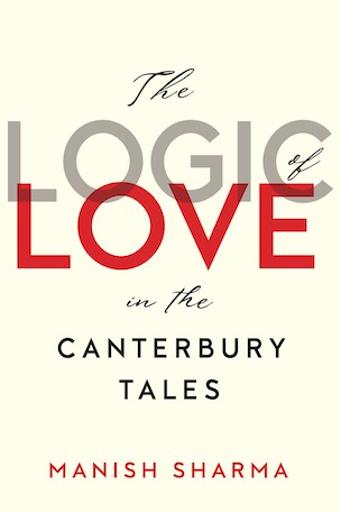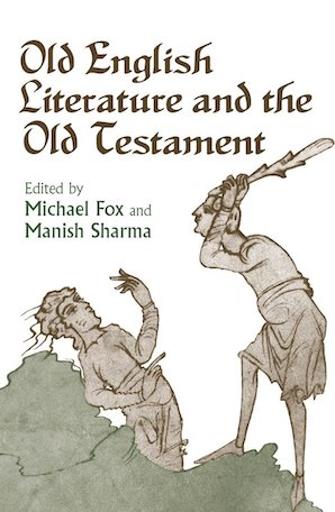
Dr. Manish Sharma
- Associate Professor, English
Are you the profile owner?
Sign in to editContact information
Email:
Biography
Education
BA McGill
MA Toronto
PhD Cambridge
Research & Teaching Interests

The Logic of Love in the Canterbury Tales (UTP)

Old English Literature and the Old Testament (UTP)
Selected publications
Books
The Logic of Love in the Canterbury Tales. University of Toronto Press, July 2022.
Old English Literature and The Old Testament, co-edited with Michael Fox. Toronto Old English Series: University of Toronto Press, 2012.
Articles
“Chaucer, Kant, and Continental Materialism” diacritics 45 (2017): 54-83.
“Hylomorphic Recursion and Non-Decisional Poetics in the Canterbury Tales” Chaucer Review 52 (2017): 253-73.
“Beyond Nostalgia: Formula and Novelty in Old English Literature,” Exemplaria 26 (2014): 303-27.
"Heroic Subject and Cultural Substance in The Wanderer," Neophilologus 96 (2012): 611-29.
"The Reburial of the Cross in the Old English Elene," New Readings in the Vercelli Book, ed. Orchard and Zacher. Toronto: University of Toronto Press, 2009, 280-97.
"Hiding the Harm: Revisionism and Marvel in Sir Gawain and the Green Knight," Papers on Language and Literature 44 (2008): 168-93.
"Metalepsis and Monstrosity: the Boundaries of Narrative Structure in Beowulf," Studies in Philology 102 (2005): 247-79.

